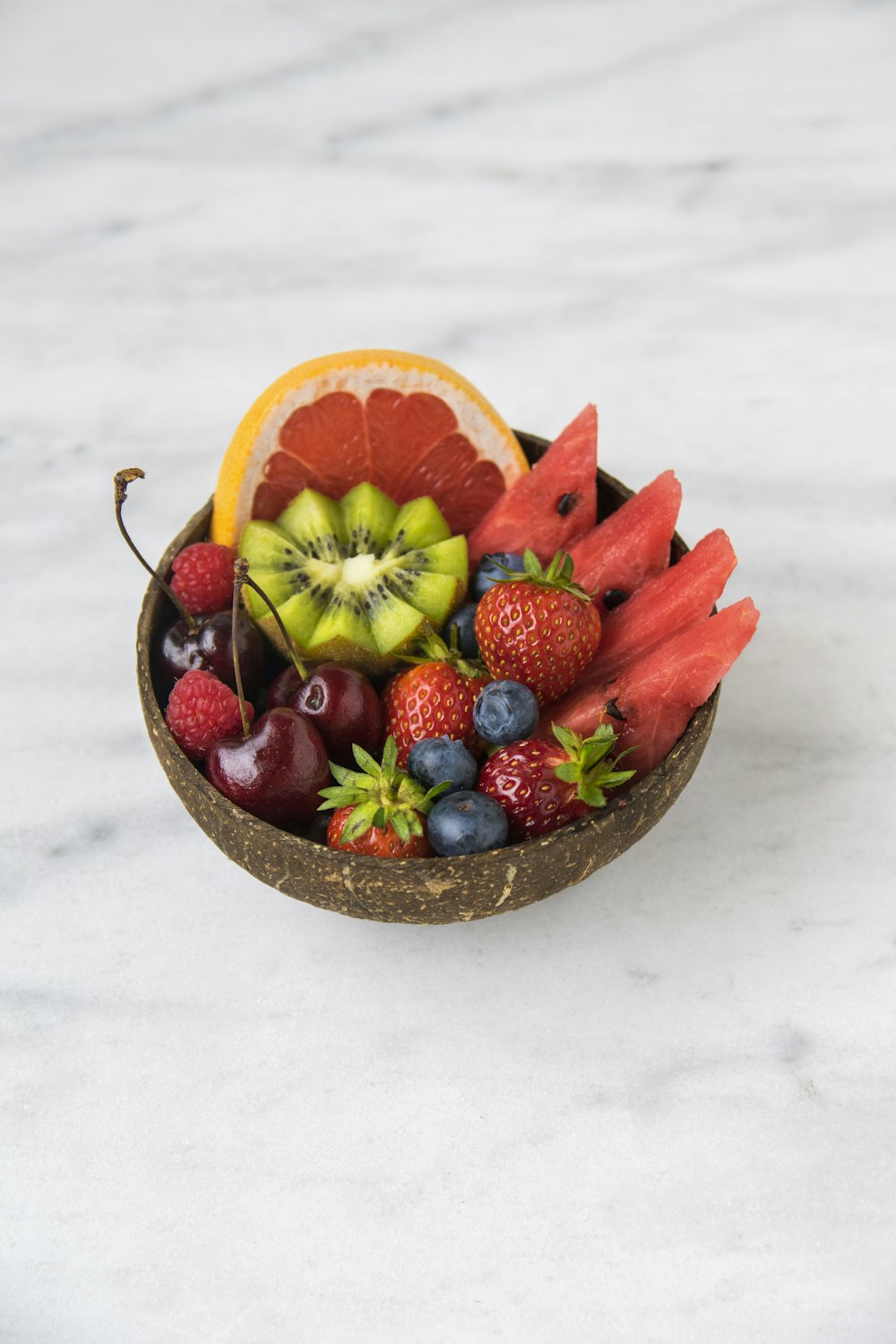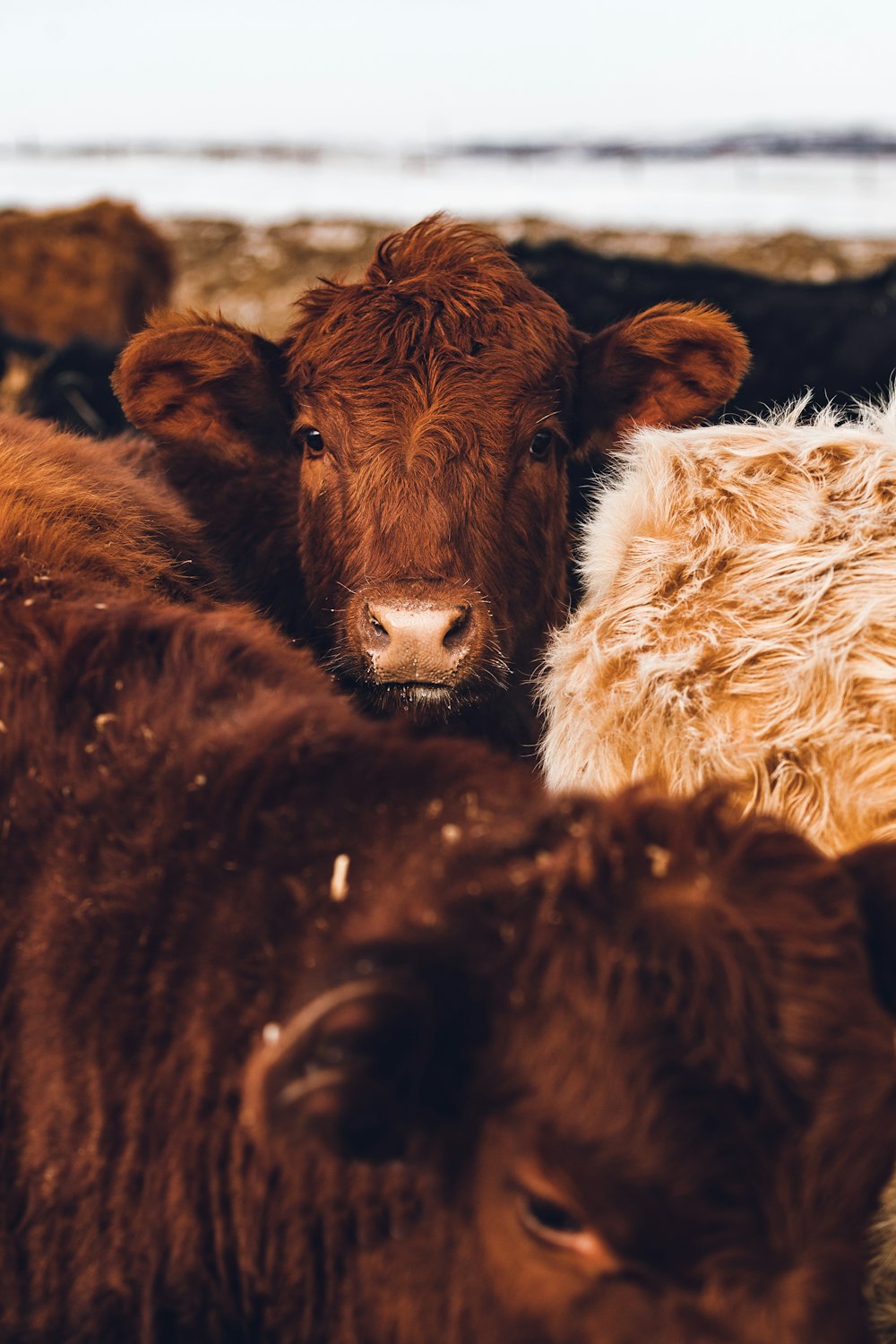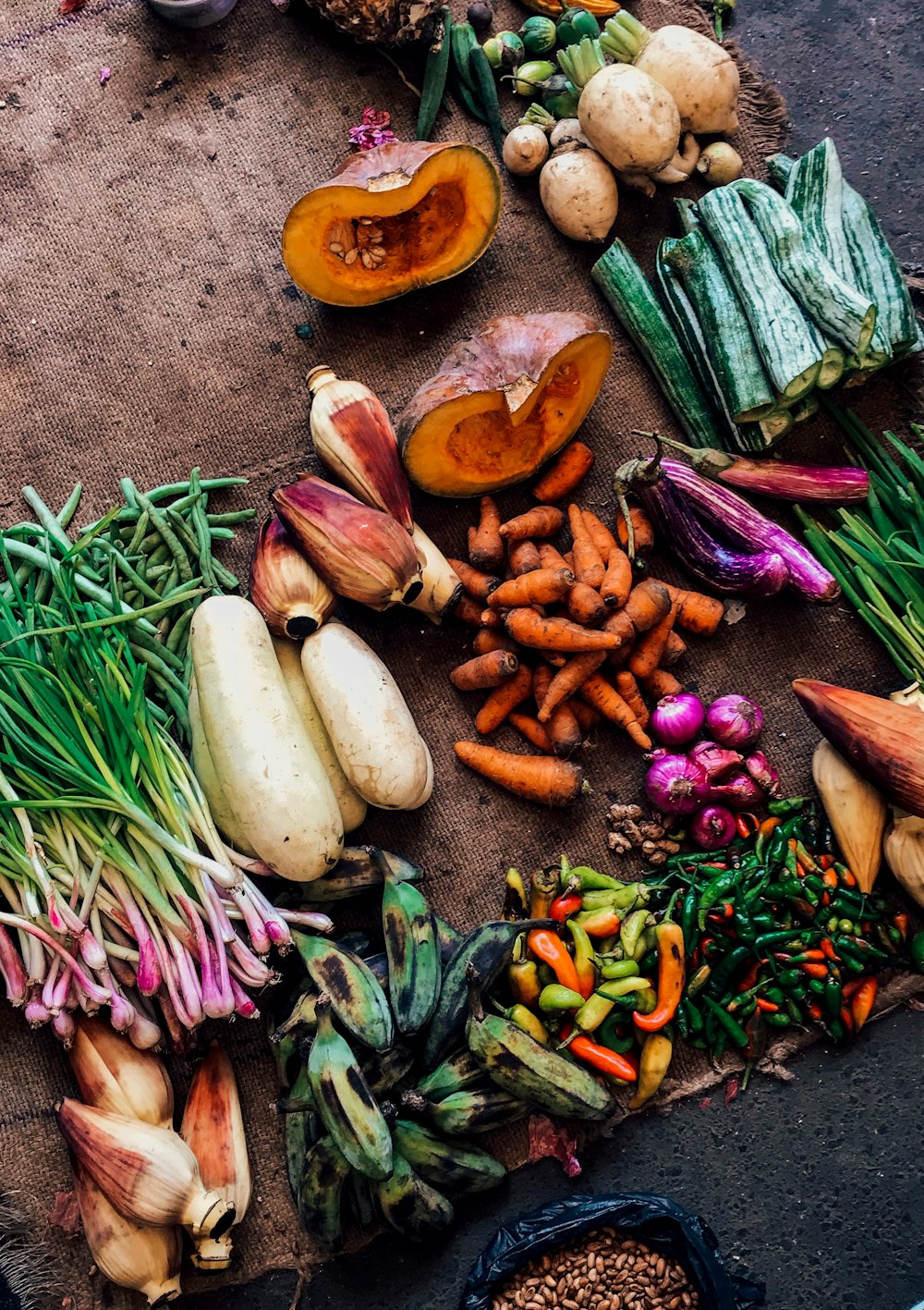BLOG: How unsustainable food habits affect our environment

Three million tons of edible food waste are created by the UK every year. As this occurs, four million children are living in households that struggle to afford dinner – eating in a sustainable way can change the course for children, adults, and the environment. There are many ways you can help!
Using animals for meat and dairy requires massive areas of space and vast amounts of water and feed. This industry alone creates fifteen percent of greenhouse gas emissions – with this we need to prioritize our environment and cut back on our meat intake. While meat consumption is one of the biggest environmental issues within the food industry, there are ways to consume it sustainably if needed. By doing simple things such as reducing your meat intake and considering where your meat comes from, you can reduce the carbon footprint left by the meat industry

Another way to decrease your carbon footprint is to grow your own food. Create your own vegetable and fruit garden for fresh, healthy, and sustainable variety within your diet – it also is a fantastic way to ensure that you are eating more plants as they are right there on your doorstep. If you want to experiment a bit before creating a full fruit and vegetable garden, a herb garden in a window box is great to start off with. This will ensure that you have an array of flavors to add to your meals while leaving behind divine aromas.

If you would like to share your ideas on eating more sustainably you can email me at aliya.hussain@groundworknottingham.org.uk
Blog by: Aliya Hussain, Community Development Assistant (NCS UK Year of Service)
